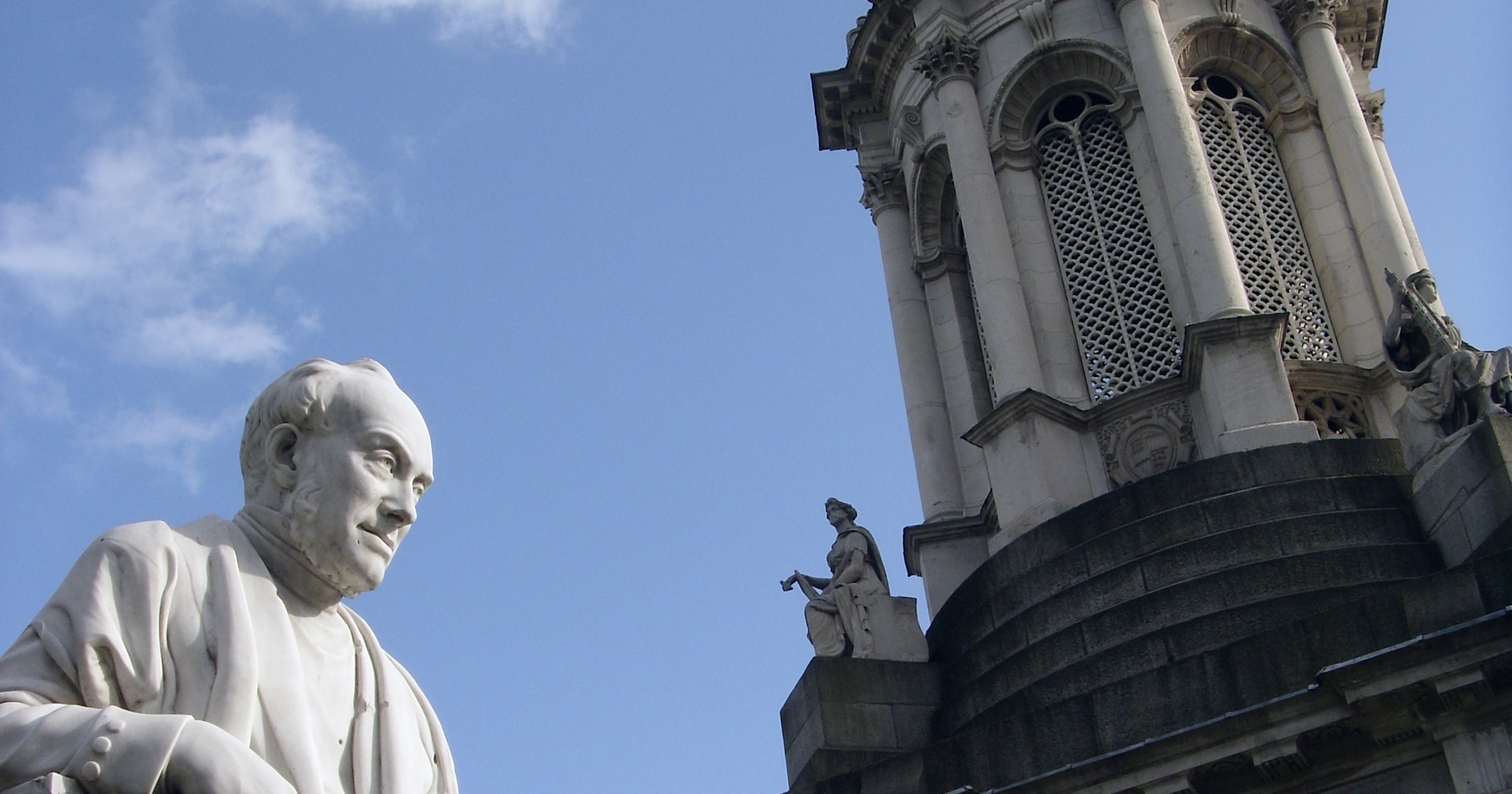 Free Speech
Free Speech
Free Speech for Richard Dawkins? Absolutely!

Some years ago (as I recall, autumn 2006), David Berlinski and I were invited by the debating society at Trinity College Dublin to speak about intelligent design and evolution. It was a raucous event: the students were interested mainly in rhetorical grandstanding and display, although (I hope) some truth was conveyed. There was much tradition and ceremony (signing of official registers, etc.).
“A Polarizing Figure”
However, Berlinski and I could easily have been “disinvited,” or to use the current parlance, canceled. Richard Dawkins has just suffered that fate, with his invitation to Trinity College Dublin rescinded. From The College Fix:
Who knew evolutionary biologist Richard Dawkins was a polarizing figure?
Apparently not Trinity College Dublin’s College Historical Society, which proclaims itself “the world’s oldest undergraduate society” and “the model for debating societies” at Oxford, Cambridge and Yale.
Student newspaper University Times reports that the society’s auditor, Brid O’Donnell, announced on her personal Instagram page that “The Hist” was disinviting the militant atheist and famed author of “The Selfish Gene” because “we value our members comfort [sic] above all else.”
She did not know about his “opinions on Islam and sexual assault until this evening,” O’Donnell reportedly wrote Sunday…
I think Dawkins is wrong about a great many things, but cancel culture destroys truth-seeking. So I signed this open petition.
No Longer Entertained
Here is a true story about Dawkins and me. This goes way back, to 1987, when I was a second-year graduate student, and The Blind Watchmaker (TBW) had just been published in the United States. I wrote to philosopher Michael Ruse, whom I knew personally (we had just debated at Duquesne University in Pittsburgh, at a forum sponsored by the American Jewish Committee) in his capacity as editor of the journal Biology and Philosophy, to ask if I could submit an essay review about TBW.
Ruse wrote back to say that TBW had already been assigned to someone else — but would I like to submit an article defending ID? He explained that he had cleared this offer with his associate editors, in particular, with Dawkins, and that Dawkins was strongly in favor of giving me a hearing in the journal.
Alas, their generous offer was so momentous and unexpected that I ended up paralyzed with writer’s block and uncertainty, and never submitted anything. Over the next decade (’87-’97), Ruse and I became much closer friends, the ID debate exploded with the publication of Darwin on Trial (1991), and you know the rest of the story.
In 1987, a harmless graduate student who wanted to take on the dreadful giant neo-Darwinism might be an entertaining spectacle. Nowadays, the Journal of Theoretical Biology finds itself attaching a confused disclaimer to an ID article, because no one in mainstream evolutionary theory is entertained any more. They’re angry and frightened about ID.

